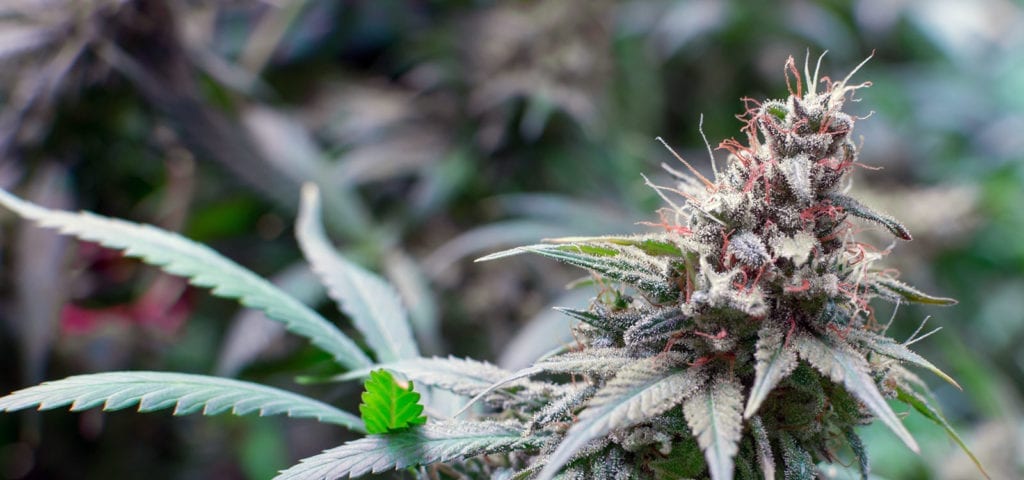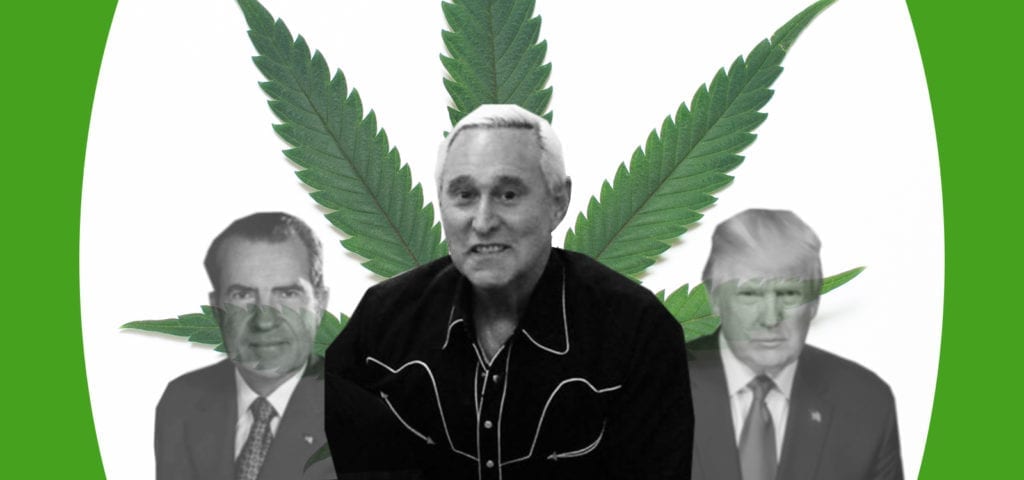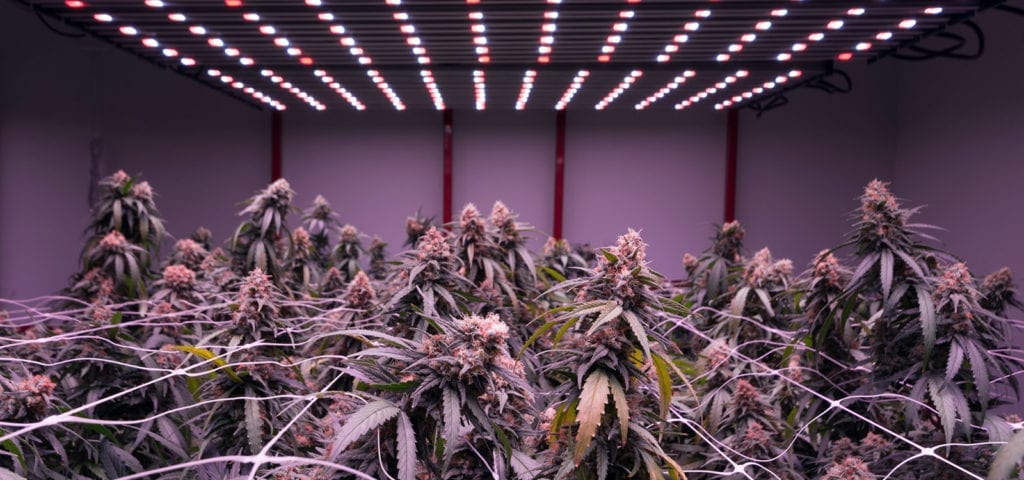Two Russian banking pioneers are envisioning sweeping cannabis reforms in the U.S. and are bringing the same attitude to the industry that they had during the fall of the Soviet Union and its transition to capitalism.
In an interview with Bloomberg, Boris Jordan, who co-founded Renaissance Capital more than 20 years ago, equated the cannabis industry to “Russia in the 1990s.”
“We’re talking about an industry in its infancy that needs to be built up from scratch, legislation and all,” he said in the report. Jordan and his private equity firm, Sputnik Capital, have spent more than $100 million to position PalliaTech Inc., which Sputnik acquired in 2015, to become a national dispensary chain. Jordan indicated he was on track to raise another $200 million for a new fund to invest in other industry opportunities.
“Our dispensaries look like Walgreens,” Jordan explained in the interview. “They’re filled with oils, pills, and creams.”
PalliaTech was one of five companies recently awarded a medical cannabis license in New York.
Bernie Sucher, who co-founded Troika Dialog and now serves as co-owner and CEO of Tikun Olam USA – which currently operates in Washington, Nevada, and Delaware – said the only qualification he has to act as CEO is his “Russian experience of taking an idea and building it into a real business in volatile, even anarchistic conditions.”
“It’s a modern-day gold rush,” Sucher said in the interview. “It makes me nostalgic for what it was like starting Troika 25 years ago. But this time nobody’s getting hurt.”
Tikun Olam’s Israeli arm is the country’s largest supplier of medical cannabis and the U.S. firm has invested $9.3 million in its efforts to market its propriety cannabis strains to cultivators.
The cannabis industry risks and rewards in the U.S. do mirror Russia’s 1990s capital markets – which were devastated by the nation’s domestic debt default in 1998. If the federal government were to clamp down on the industry investments would be lost.
End
























